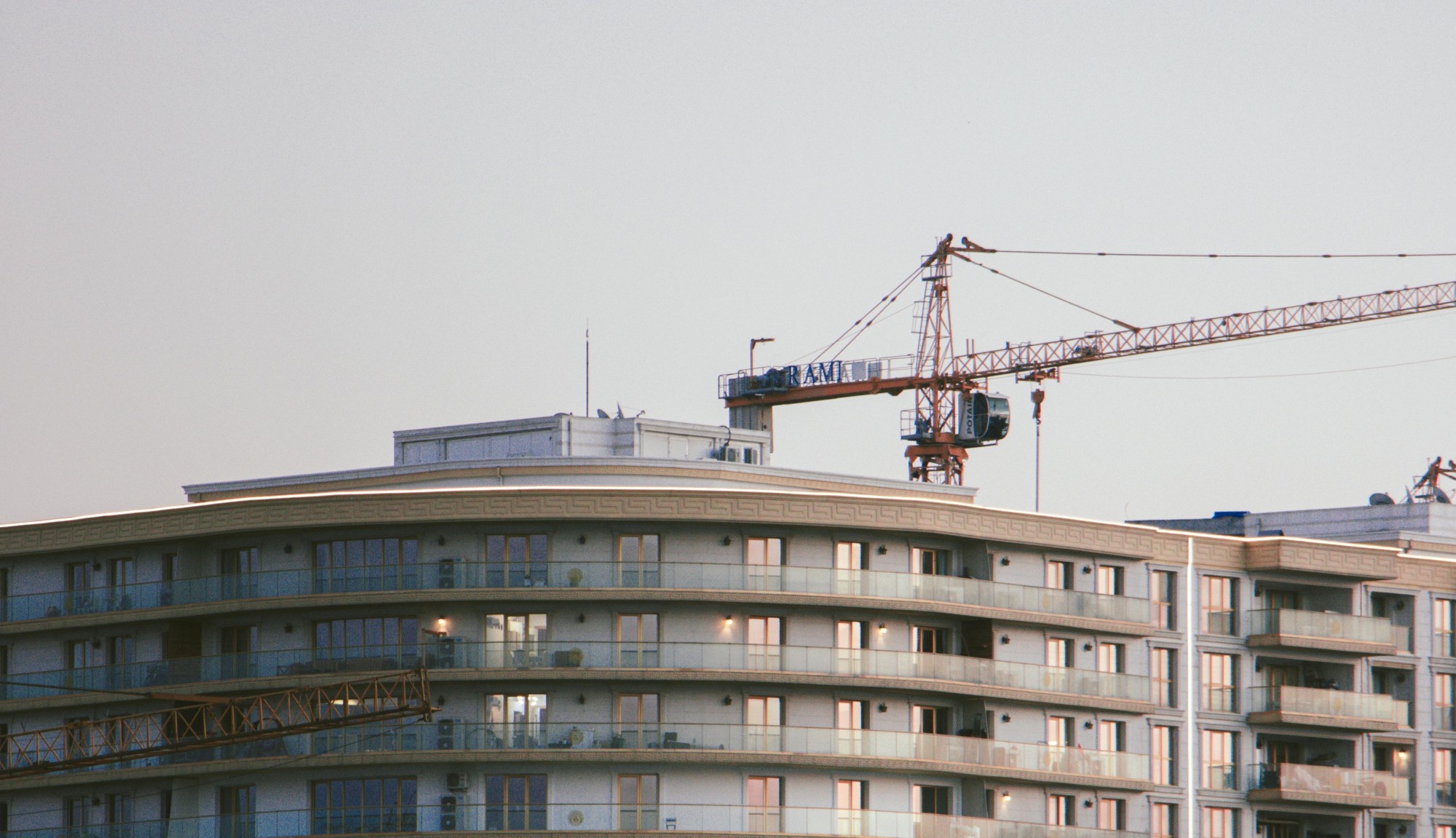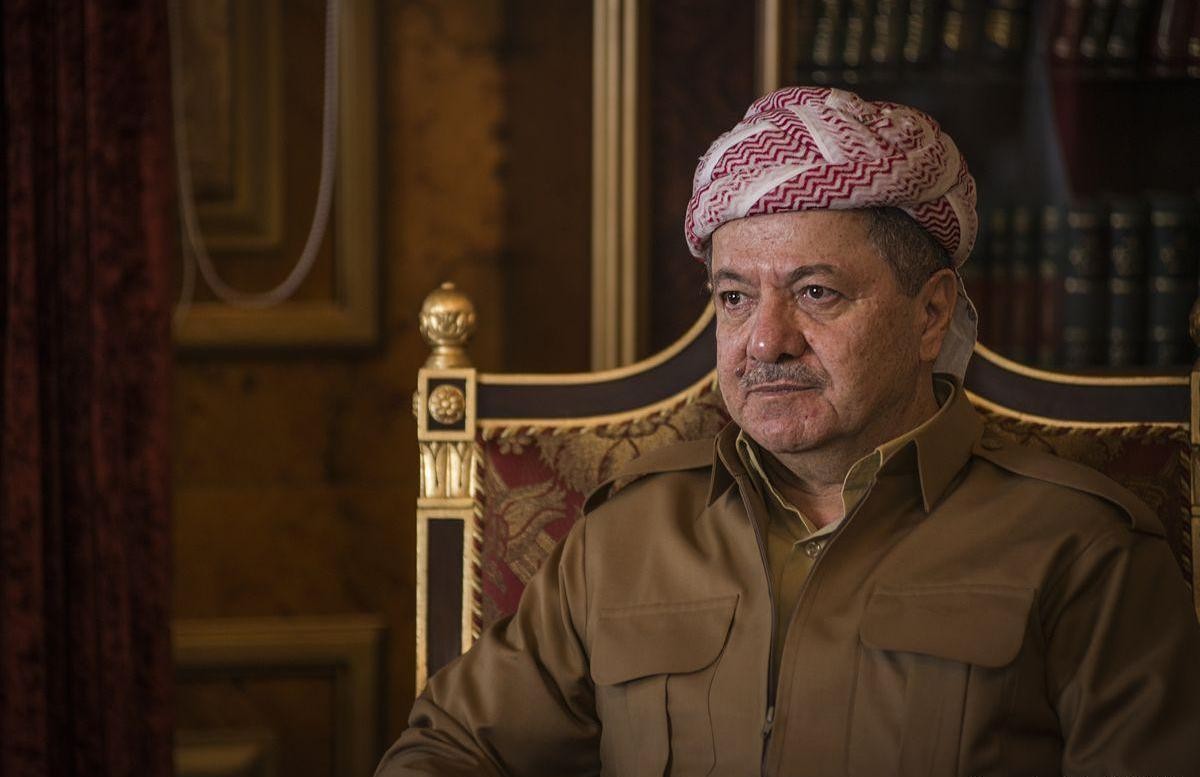During an event on July 10, Kurdistan Regional Government (KRG) Prime Minister Masrour Barzani confirmed that the Kurdistan Region continues to protect and shelter thousands of refugees, asylum seekers, and internally displaced persons (IDPs) who fled their homes due to insecurity and conflict.
We are stripping away the red tape that has made progress and participation a challenge for the 278,000 asylum-seekers from Syria and other countries who have sought sanctuary among us and who want to get ahead.
— Masrour Barzani (@masrourbarzani) July 10, 2024
Now they will have better access to humanitarian benefits. pic.twitter.com/TCuQqGHrLY
During the event, new administrative guidelines reorganizing the affairs of asylum seekers were signed by KRG Minister of Interior Rebar Ahmed Khalid.
These guidelines aim to safeguard the rights of asylum seekers and refugees, and focus on integrating procedures for the arrival and reception of asylum seekers, as well as enforcing their rights and obligations within the Kurdistan Region.
The event was also attended by the U.S. Ambassador to Iraq Alina Romanowski and UN High Commissioner for Refugees (UNHCR) Acting Representative Pauline Fresneau.
“For many years, the Kurdistan Region has provided refuge to hundreds of thousands of asylum seekers and refugees from neighboring countries, and IDPs from within Iraq, regardless of religious, racial, or ethnic differences,” Prime Minister Barzani said.
“During the emergence of ISIS, thousands sought safety in the Kurdistan Region. Despite the region’s existing financial crisis, the KRG took on the task of hosting numerous IDPs in refugee camps, fulfilling its responsibilities despite shouldering the majority of the burden.”
“Today, the Kurdistan Region continues to protect and shelter thousands of refugees, asylum seekers, and IDPs who fled their homes due to insecurity and lack of peace. Unfortunately, conditions in their home countries have not yet stabilized, and living in displacement is not preferable for anyone.”
A new step from the #KRG Ministry of Interior to better organize and regulate Asylum seekers.
— JCC_KRG (@JccKrg) July 10, 2024
It is a mutual regulation supervised by both #UNHCR and #KRG pic.twitter.com/VJYsbxVI4o
“The KRG supports the voluntary return of all refugees through efforts to normalize the situation in their respective areas, allowing them to return home with dignity,” Prime Minister Barzani underlined, expressing his sincere gratitude to the KRG Ministry of Interior and the collaborative team that formulated the new administrative guidelines in partnership with the UNHCR.
“We would like to reiterate that the Kurdistan Region remains a shining example of hospitality and a safe haven for all those who seek refuge from oppression, terrorism, and intimidation.”
“We strive to allocate available financial resources to support IDPs, refugees, and asylum seekers in accessing essential public services such as education, healthcare, and security, as well as basic necessities.”
? @Kurdistan for having adopted today a new policy:
— Jean-Nicolas Beuze (@jnbeuze) July 10, 2024
- better protects asylum seekers from risks of being sent back home
- includes a comprehensive definition of who is a refugee
- harmonizes registration & access to residency
? @UNHCRIraq for months of work pic.twitter.com/6PmdNdnJ4B
Moreover, Prime Minister Barzani underlined that they hope that the federal government and the international community will aid the Kurdistan Region in expanding these services for refugees and asylum seekers until conditions in their areas of origin allow them to return with dignity.
In 2014, during the war against ISIS, the Kurdistan Region alone hosted nearly two million IDPs and refugees despite budget difficulties.
According to the latest data, the Kurdistan Region now hosts over 900,000 IDPs and refugees, including those living in camps and those outside them.

